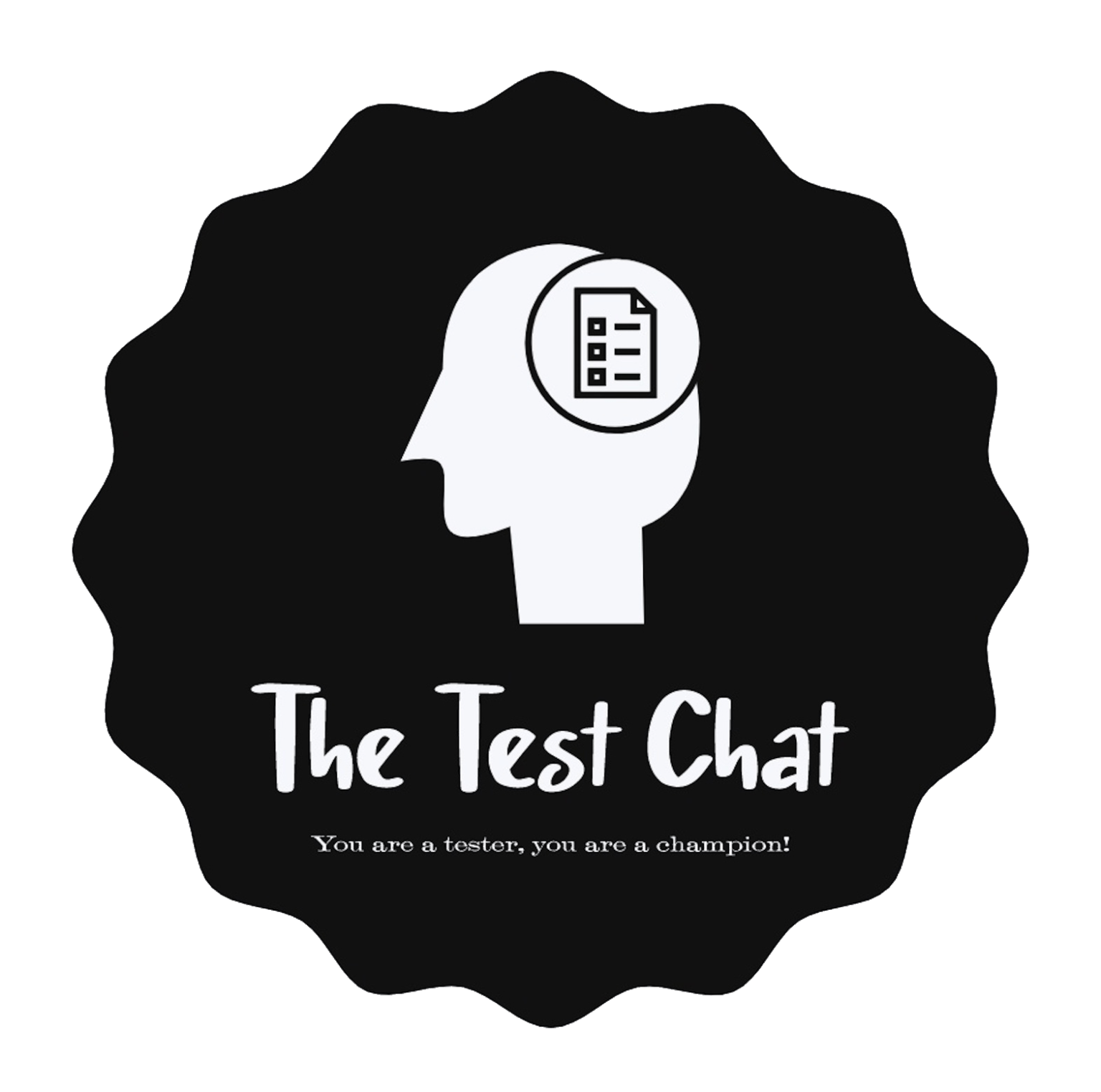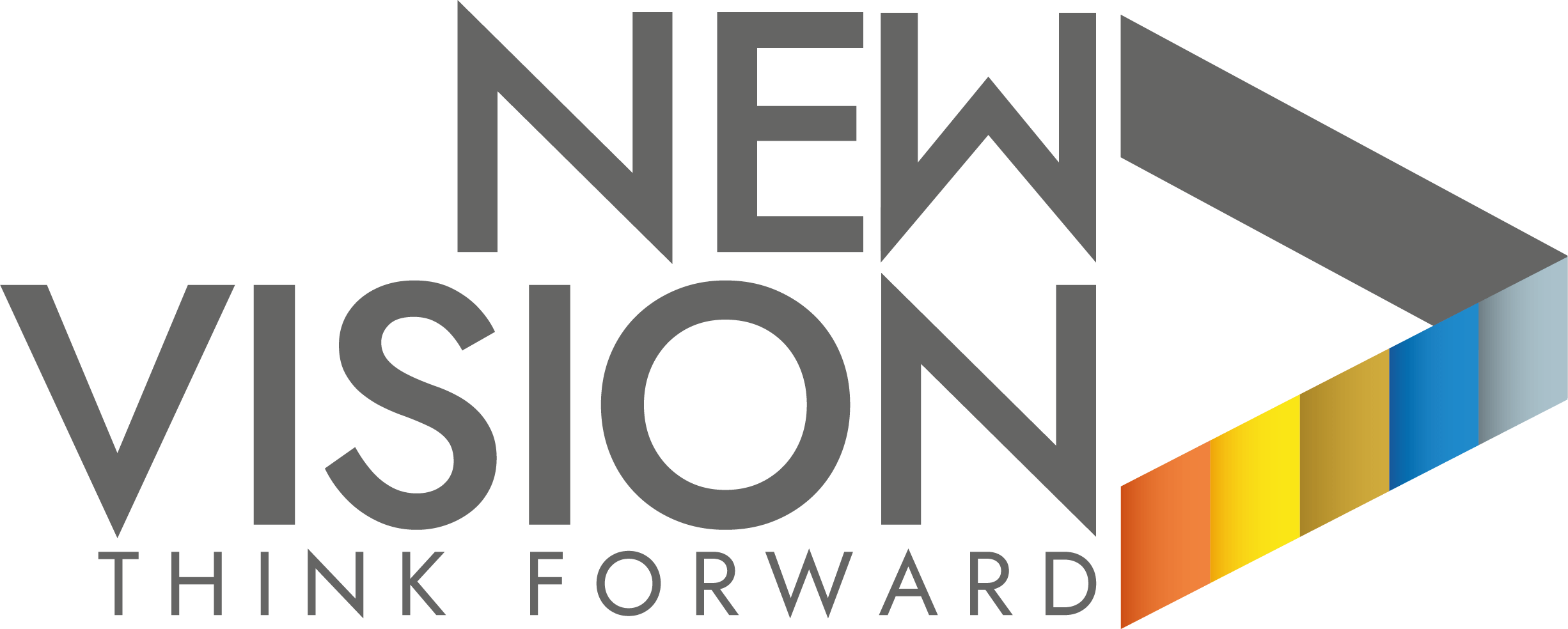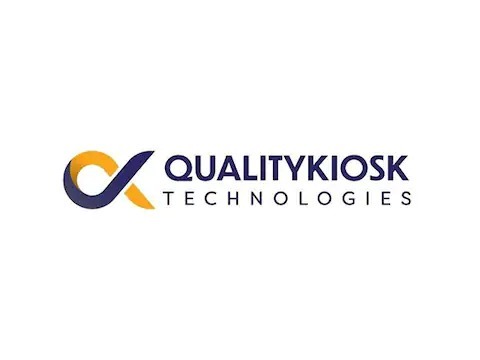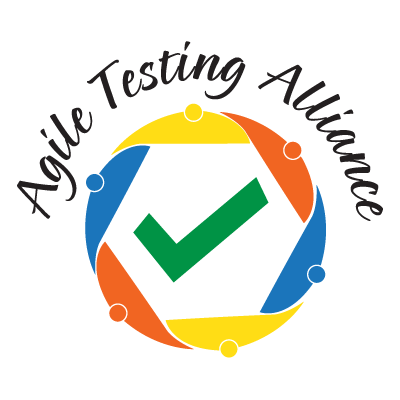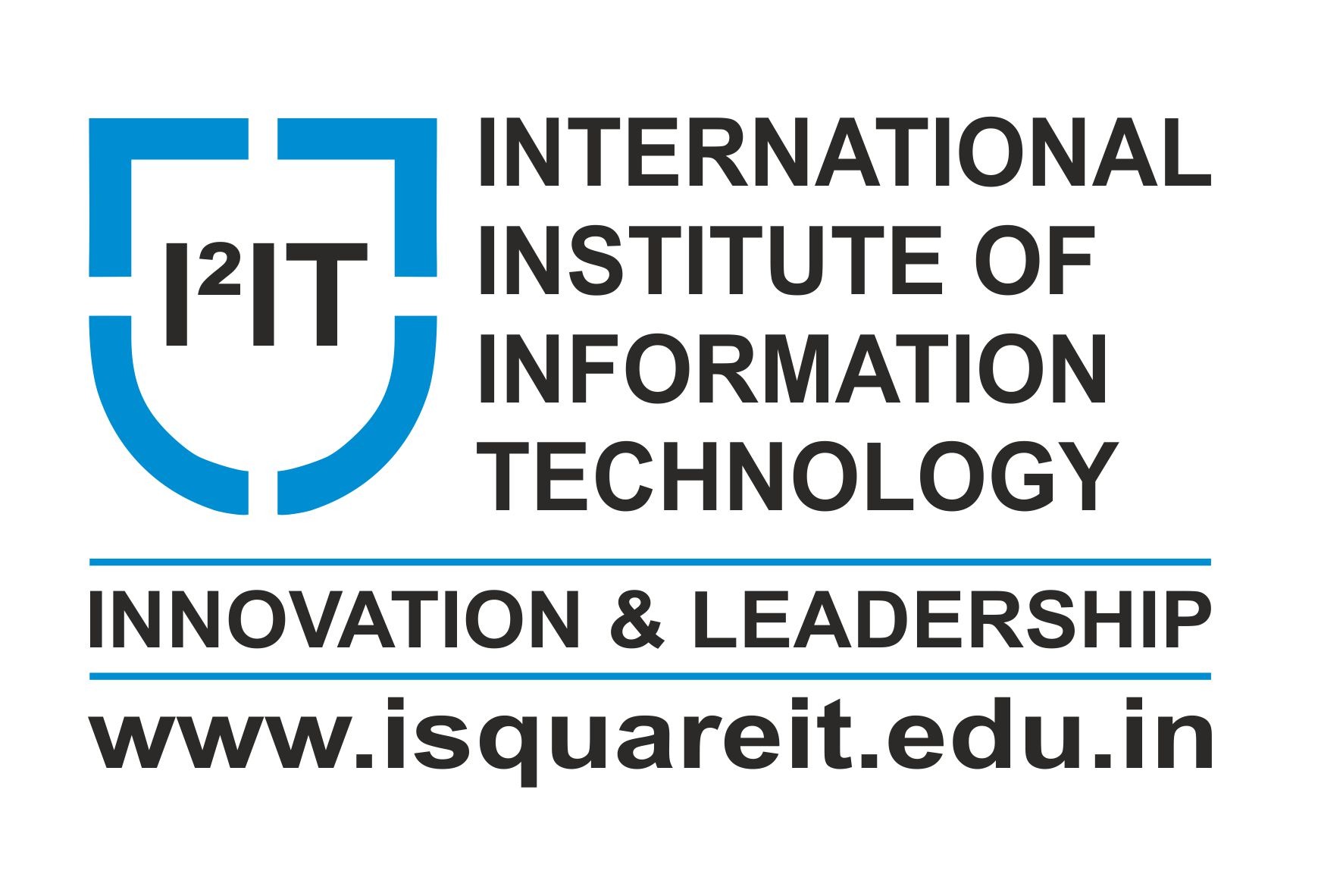Speaker
Pallavi started her career as a Quality Analyst in 2009 and have had the opportunity to work across multiple domains – non-profit organizations, retail, banking, publishing, etc., and a have worked on a range of technology. Have also had the opportunity to play multiple roles – QA, BA, IM, PM, etc., on some of the engagements, in the past.
She also worked on defining and structuring the training program for the QA graduates joining Thoughtworks India right after college. Currently, have been playing the role of Delivery Principal, working with accounts for delivery and account strategy.
Continuous testing strategy for CFRs
Cross-functional requirements (CFRs), predominantly referred to as Non-functional Requirements (NFRs), form an integral part of software quality and testing for them continuously is an absolute necessity for any team that promises to deliver high-quality software to their customers and end-users. Often, the emphasis that is placed on continuous testing (CT) the functional requirements are not equally placed on continuous testing the cross functional requirements in software delivery teams and by the business stakeholders. There could be multiple reasons catering to this phenomenon but one we believe could be a prominent reason is the lack of awareness on how to approach CFRs testing as they come across really vague, say, reliability or maintainability, for example.
In this talk, I, author of O’Reilly’s Full Stack Testing book, and my colleague from Thoughtworks, Pallavi Vadlamani, would like to outline why it is essential to do continuous testing for cross-functional requirements and introduce a holistic approach to continuous testing of all the cross-functional requirements. We will cover how different testing techniques such as static code analysis, architecture tests, visual testing, infrastructure tests, load tests, etc., cater to automating a variety of CFRs, including those really vague ones, and therefore, aid in continuous testing and building quality into the software. By the end of the talk, the audience should get a clear idea of how to approach continuous testing of any given CFR that is necessary for them to deliver a high-quality software.
Pre-Requisites:
Prerequisites are pretty much knowing:
- An iterative software development process like in Agile and how shift-left testing is embedded into it.
- The fundamentals of functional requirements automation, i.e., purpose of unit, services, UI end-to-end tests and how they are integrated with CI to get fast feedback.
- The true essence of continuous delivery.
Links to talks/blogs/books
Books:
Blogs:
- The IoT Testing Atlas
- Seven Guiding Principles in Testing
- Quality Advisor
- The age of AI assisted testing
Talks / panels:
More Speakers
- Aditya Garg
- Ajay Balamurugadas
- Aliasgar Chaiwala
- Amol Deshpande
- Andrew Knight
- Anindita Rath
- Anubha Bagui
- Anwesha Roy Choudhawry
- Arpita Swer
- Balvinder Khurana
- Brijesh Deb
- Chidambaram Vetrivel
- Craig Risi
- Deepak Koul
- Deepthi K
- Dhairya Thakkar
- Gajapathy Rasamala
- Gaurav Soni
- Gauri Gupta
- Gayathri Mohan
- Geosley Andrades
- Giri Shankar
- Giridhar Rajkumar
- Harpreet Kaur Kahai
- Harsh Sahay
- Hema Latha
- Hina Sharma
- Hitesh Prajapati
- Jaisudhan Selvaraj
- James Thomas
- Kanwarpreet Singh Khurana
- Kavin Arvind Ragavan
- Khushboo Rajpurohit
- Kiruthika Ganesan
- Kumudha Ganesan
- Kunal Samel
- Maaret Pyhäjärvi
- Mahathee Dandibhotla
- Marta Firlej
- Meera Vyas
- Mohanpriya P
- Mukund Zalke
- Nikhil Bhandari
- Nimesh Bhatt
- Niranjan Limbachiya
- Nitasha Rawat
- Pallavi Vadlamani
- Parinita Patankar
- Poorva Pal
- Pranesh Gaikwad
- Pricilla Bilavendran
- Puja Sakhia
- Pushan Ghosh
- Rahul Parwal
- Rajani Sinha
- Rik Marselis
- Rishil Bhatt
- Ritu Chowdhary
- Sakthikannan Subramanian
- Saurabh Bhardwaj
- Schalk Cronje
- Seema Prabhu
- Shailesh Gohel
- Shubha Lokeshaiah
- Shuchita Singh Basu
- Sneha Viswalingam
- Soumya Mukherjee
- Sowmya Ramesh
- Sujata Dutta
- Sujit Pathak
- Sumit Mundhada
- Sundaresan Krishnaswami
- Tejaswi Sedimbi
- Venkatesh Belde
- Videos
- Vikas Kataria
- Vishal Parmar






